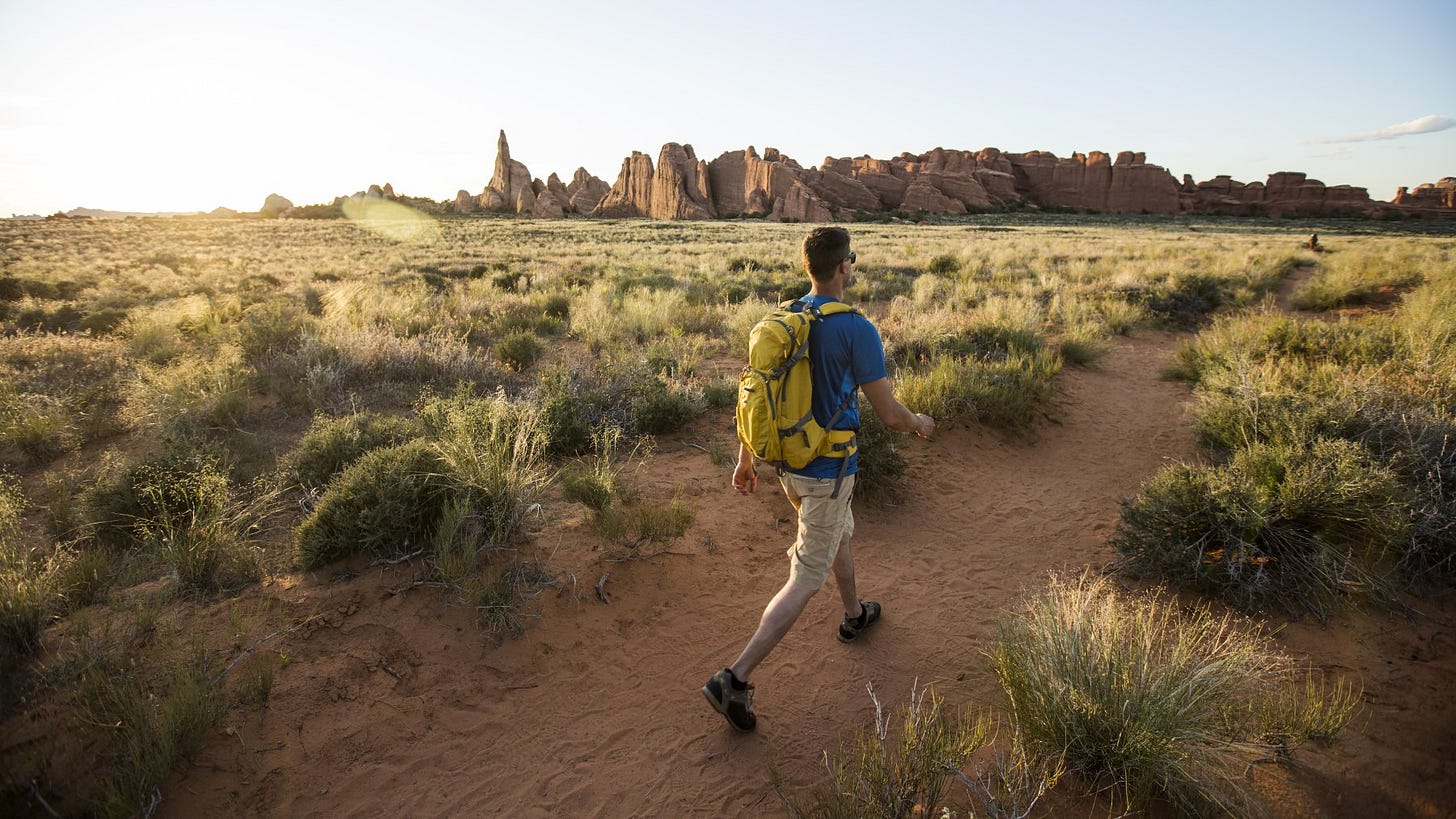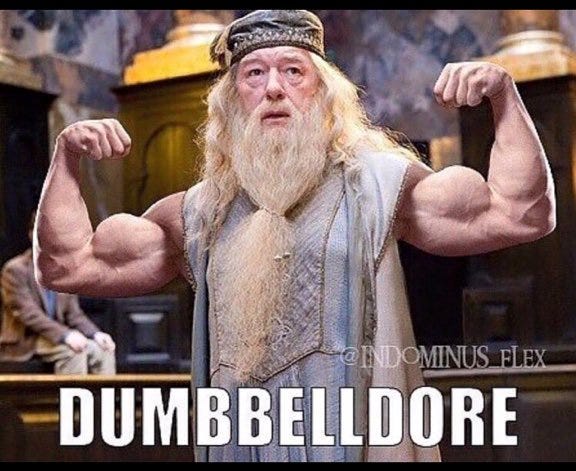YOU MUST NOW BE FIT
As a general rule I avoid talking about myself because it is gauche and I get terribly self-conscious. Would rather talk about ideas and events and training. But it’s good now and again to reflect on the journey so far, and step back and see the big picture. How I am the person I am today. Perhaps you will find it interesting. I’ll try not to bore you too much with sentimental self reflection.
I
As I’ve just passed my 29th birthday, I grow ever closer to an important milestone in my life. Turning 30 isn’t by itself significant, but by reaching that age, it means that I will have spent more of my life being fit than being unfit.
To be blunt, I was a fat kid growing up. Exercise for the sake of exercise was a foreign concept. I ate too much. I ate poorly. By current societal standards, I was more “chubby” or “husky” compared to what actual fat kids look like these days, but for the early 2000s and by Asian standards, I was a fat kid.
Like, 50% this
And 50% this.
Despite my parents’ well-intentioned efforts, I remained a fat kid. There were a few factors at play here. Firstly, children get way too many snacks, and the choices that are made for snacks are terrible. Secondly, the activity level kids are putting out can’t match the input of sugary energy. Last but not least, I was spending all my free time reading or playing video games, which meant my basal metabolic rate was low.
My athletic experience in school was… scant, so to speak. I spent more time reading and studying than many of my classmates. My only exposure to fitness was bodyweight exercises. Around the age of 14 I got it into my head that what I really needed to do was to was to do 100 push-ups, 100 sit-ups, and 100 squats every evening after school. With this program, I told myself, I was sure to make significant strides in physique and strength.
At 16 I made a few fitness-minded friends and lifted some weights (purely on machines as the gym I went to lacked free weights) with minimal cardio. I did reasonably well in strength events like the shot-put and the tug of war. Even though I wasn’t lean or fast, I had a decent fitness foundation.
If only I had spent time doing this instead of playing Final Fantasy
The first turning point came between last year of high school and first year of university. The friends I had worked out with had moved away and so I lacked motivation and accountability. I ate horribly and led an extremely sedentary life. The puny gains I’d made evaporated. In a single semester I gained 5kgs of pure fat.
One day I decided I had had enough of being weak and fat, and decided I was going to stop being the fat kid. I was already well past the age that everyone said was OK to lift weights, and figured it was time to make real, lasting changes. I embarked on a strict ketogenic diet, which reduced my calories to about 1/2 of what I had been eating before (in retrospect this may have been a bit drastic) and started doing some form of physical training every day.
Over a span of six months, I dropped nearly 20kgs (45lbs if you speak American), from 89kgs to 69kgs, and so began a journey of lifestyle design and experimentation that has continued to the present day.
That was a long preamble. Now, I will document how I progressed throughout university and working life and the lessons I have learned.
II
Here I will discuss training at the university gym and my experience of rucking.
Gaining access to the weight room at university was like… living your whole life in a broom closet and one day realising the broom closet’s back wall opens up into a 2,000-square foot penthouse.
“Nice closet, bro.”
When I was training back in Malaysia, my friends and elders would remind me to stick to machines as they were “safer” and not as risky as performing free weight movements like the barbell squat and deadlift. In my foolishness I took them seriously. Looking back, it was honestly just a convenient excuse for me to avoid challenging myself and looking weak. Squatting and deadlifting were hard, while benching, curling and lat pulldowns weren’t.
Lesson #1: Unless you try to do something beyond what you have already mastered, you will never grow.
Thanks, Ralph Waldo Emerson.
I started following a strength program called StrongLifts 5x5 and learned how to do the main compound lifts: bench, squat, press, row, deadlift; and started doing accessory lifts like dumbbell rows, chin ups, and dips. Had no idea what I was doing so when I started lifting, I listened to more seasoned dudes in the gym who told me to leave my ego at the door and start with an empty bar. Although I made good linear progress in the gym, my mind-muscle connection and general understanding of body mechanics/nutrition was still poor, so it is likely that I did not realize the maximum potential gains. Nevertheless, my confidence grew as each week the weights crept up in increments of 2.5-5kgs. With this extremely basic style of training, I was able to work up to a bodyweight bench of 72kgs, squat of 105kgs, and deadlift of 140kgs by the time I finished my degree.
Not having a car in the US also presented a great opportunity to walk everywhere. I would walk across campus for 15 minutes to get to lessons. Also around this time I begrudgingly accepted that cardio may have value beyond the ornamental and learned about something called rucking, where people loaded their packs with weights and walked around. I bought a reasonably well-built backpack and loaded my heaviest items in it and walked around. I loved it. And happily enough, the fabled gains goblin of cardio failed to materialize.1
III
Alas, I was too afraid of “overtraining.” I only lifted weights 3 days a week, and did minimal cardio. My lifts were not remotely heavy enough to do any real damage to myself, and I had the ability to recover rapidly due to my youth – I was never in danger of even coming close to “overtraining”. Now I am active 6 days a week and the days I am sore are few and far between. If youth knew, if age could.
Lesson #2: You need to train longer/harder/more frequently than anyone else if you want to be fitter than everyone else.
This is not and has never been news.
People hamstring their own progress because they don’t want to “overtrain” are rationalising their lack of spirit. I now know this because I was one of them.
Still, I made decent strength gains and along the way learned a lot about counting calories and macronutrients. I no longer count calories but the general principles and intuitive knowledge of which foods have a good nutrient:calorie ratio never left me. When I was younger I was wilfully unaware that what I ate and how I ate had an impact on how I would feel in the gym. I know better now, too.
If I had to do it all over again I’d make some changes. I’d be a lot smarter in the weight room, and stick with some abbreviated training of squats, deads, dips, presses, chins and rows (low volume, high intensity, focusing on maximal strength) while doing 1-2 CrossFit WODS to take care of the conditioning work. I would focus less on racking up bigger numbers on the Big 3 (or even Big 52) and do more yoga/stretching/mobility work to keep up my General Physical Preparedness (GPP)3. Smarter programming and a greater willingness to think outside the box and work outside my comfort zone would have gone a long way in making me fitter at a time I was most free and available to pursue it.
In essence, my ideal week would look something like this:
Monday/Wednesday/Friday - Lift weights. Alternate each day,.
DAY A
Squats 3x5
Weighted Dips 3x5
Dumbbell or Pendlay row 4x10-12DAY B
Front squats 3x5
Overhead (push) press 3x5
Chins 4x10-12
Deadlift 1x5
Tuesday - Interval runs at a faster pace e.g. 10x600m at 5 seconds below my 5K pace.
Thursday - 30-40 minute run at an easy pace and core work for active recovery.
Saturday - CrossFit WOD, preferably at lighter weights or bodyweight-only e.g. Cindy, Murph, etc.
Sunday - Rest.
Lesson #3: The true meaning of Mind Over Matter; knowing that the body is capable of way more than we give ourselves credit for.
Learning and internalizing this is priceless.
One of the other valuable lessons I have learned from lifting and getting fit is in time management. As soon as work ends, I immediately change into my workout clothes and walk down the road to the gym to get a workout done before going home. It is exhausting, but if I wanted something bad enough, I’d make sacrifices for it. It also meant that I was more mindful of planning ahead and completing the preparatory work for the next day so that, when I got home, I could eat a decent meal and relax/get a good amount of sleep rather than sacrificing recovery.
Lesson #4: Time management is crucial. You just have to put your excuses and misconceptions aside and be brutally honest about what you want and what you are doing with your time.
The default state of people in modernity is to be alive and hopefully not obese, and that is considered an achievement. Strength and beauty and greatness are derided because they are viewed as unnecessary or elitist or too difficult. Take every time your inner voice has said let’s not train today because there is not time/it’s raining/the stars are not in alignment/I still feel sore. Multiply it by 80-90% of global population.
As you can see, many such cases!
If you’re reading this, I invite you to pause and think: Have you actually seen what your body is capable of? What have you done in the past 7 days to push yourself beyond the limits of what is merely comfortable? In the past 30 days? 3 months? 6?
In 2021 why not give yourself the gift of seeing what your body really can do.
Conclusion
All things considered, getting into fitness has been nothing but rewarding for me. An all-round beneficial experience with little/no drawbacks. It has been instrumental in making me mentally tough, teaching me the value of outworking everyone around me to compensate for a lack of skills, helping me continuously develop a strong work capacity, and it has allowed me to gain a deeper appreciation of how luxurious and decadent (and dangerous) the modern lifestyle can be.
This is 29. It took a longer time than it would for others but I have somehow managed to build a good foundation for the coming years. I’ve also learned some things along the way. Let’s recap.
“Hard work is the secret of my anabolic potion, Harry…”
Lessons Learned:
Try new things. You have to leave your ego at the door. This applies in almost any situation.
Hard work pays off. Consistency matters more than talent or genius.
Fear of overtraining is way overstated. If your mind is committed, the body will follow.
Time management is crucial. If you find you don’t have the time, it’s not because you’re going about it the wrong way. Time is made, not found.
What will I be working on between here and 30? Well. My total lack of body awareness is making it challenging to do gymnastic and barbell movements like handstand push-ups and squat snatches, but I’ll find a way to work on my weaknesses.
I envision and will it, and will do everything within my power to bring it into reality. Why? Simply because I love myself and love the way I feel and I plan on enjoying a high level of fitness for as long as humanly possible.
Train until the wheels literally come off.
Then, and then, and then… I get to say it is done.
Stay Solar.
CALL TO ACTION
If you found this post interesting (or useful), please share it on Instagram, Twitter, Facebook, or any platform of your choice.
You can also subscribe via the button below to get weekly insights and ideas that help you live happier, healthier, and smarter.
A note on cardio: Cardio is unjustly vilified in the weightlifting community. It is also extremely overrated everywhere else in the fitness community.
I suspect this is because many continue to misunderstand what constitutes cardiovascular exercise and what it is truly for: expanding your aerobic work capacity. Lifters shun cardio like the plague because they think it will interfere with recovery or be an obstacle to greater hypertrophy. Normies think cardio in the form of running or HIIT is a magic bullet to fat loss.
Both groups are wrong.
Cardio can take many forms. Any physical activity that depletes blood oxygen, raises your heart and respiration rate, will improve your cardiovascular fitness. You could go your whole life without ever going for a run or strapping in to a Concept 2 rower and you could have tremendous work capacity - try doing a set of 20 squats at any weight and you will soon be sweating bullets. Rucking is great cardio that doesn’t feel like cardio because you’re just hiking or walking around with a loaded pack. It’s Low Impact, Steady State.
To be frank, it is important to be conditioned for the simple reason that it makes you a harder beast to kill. A human in good muscular and cardiovascular shape has better endurance, lifts heavier, runs faster, and generally is happier than the norm. All things we should aim to be.
So, don’t neglect cardio.
Do it to improve your endurance.
Do it to train your breath.
Do it for the dopamine release.
Do it for the increased lung capacity.
Do it because you want more flexible blood vessels.
But DO NOT do cardio for weight loss.










